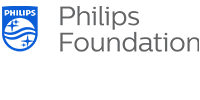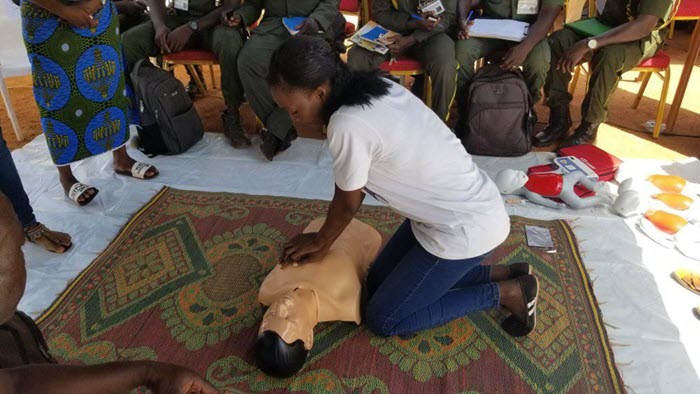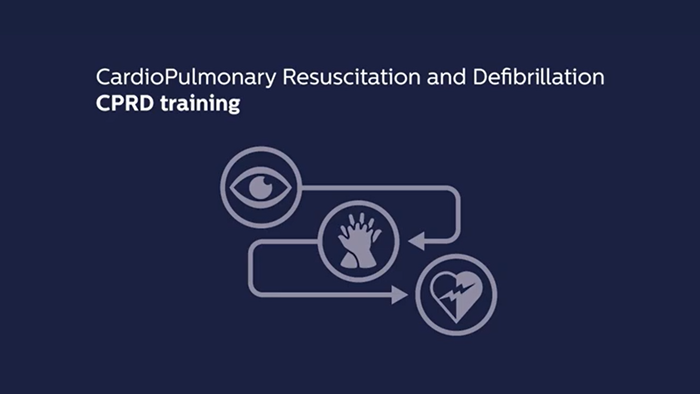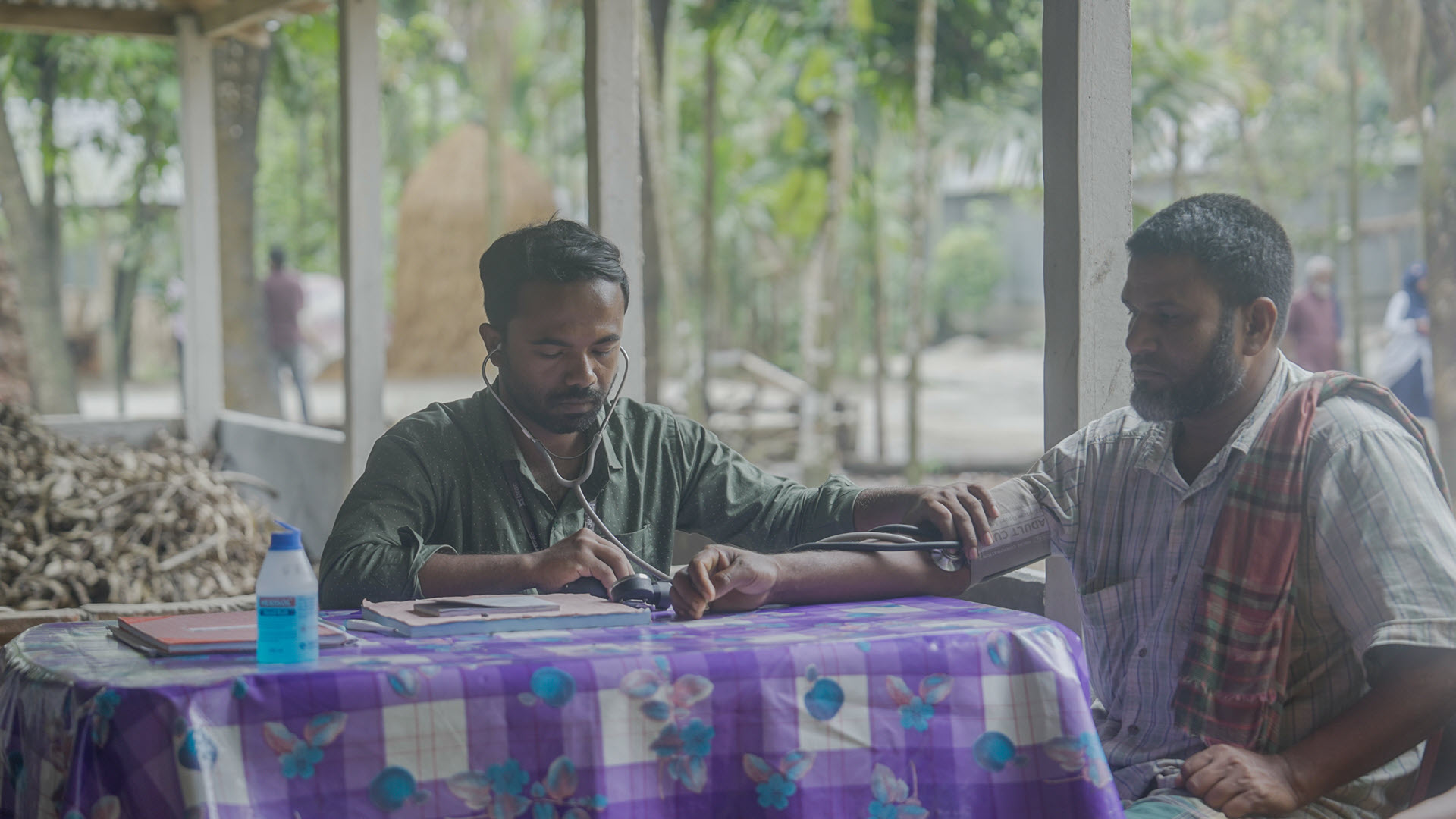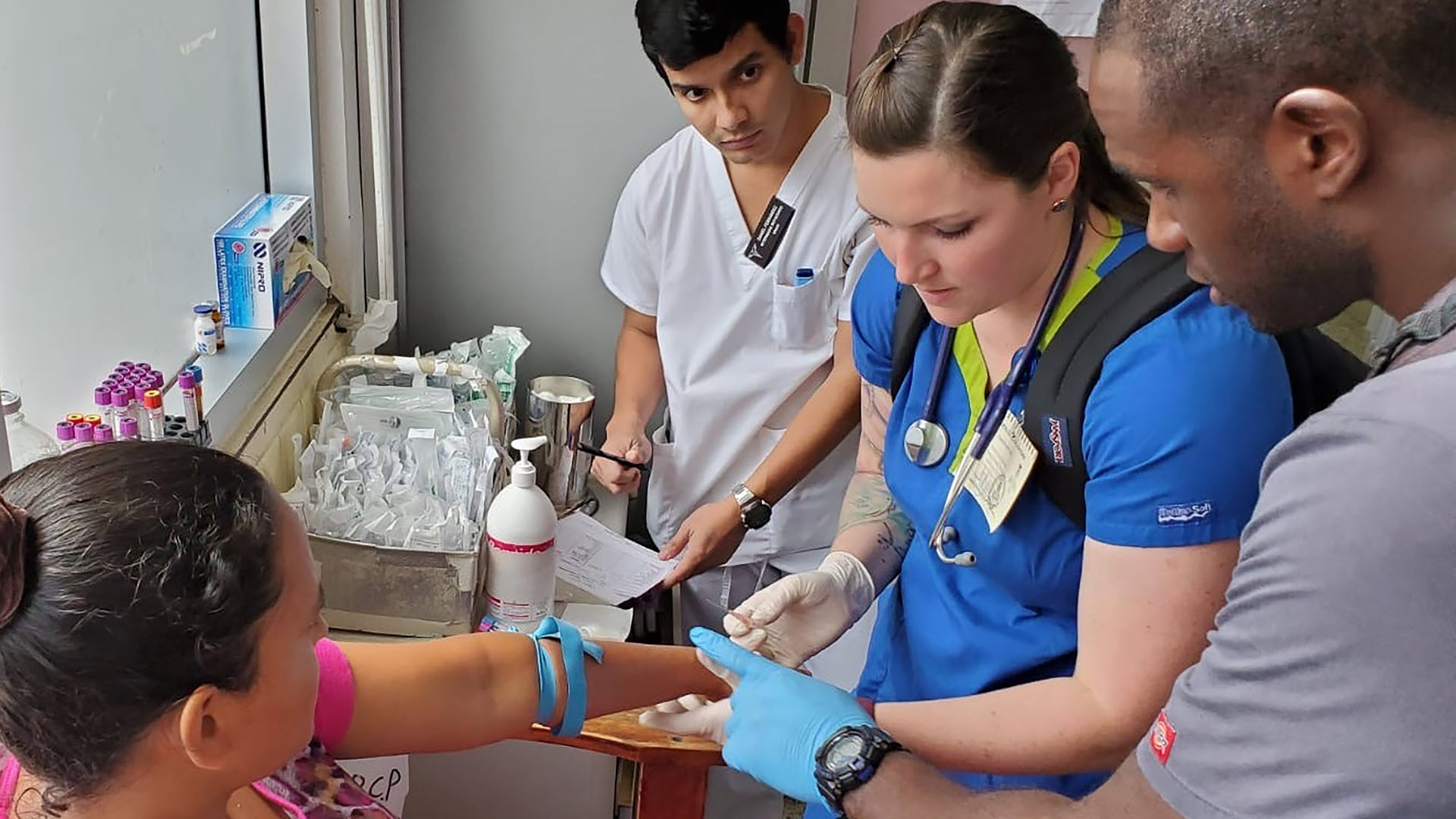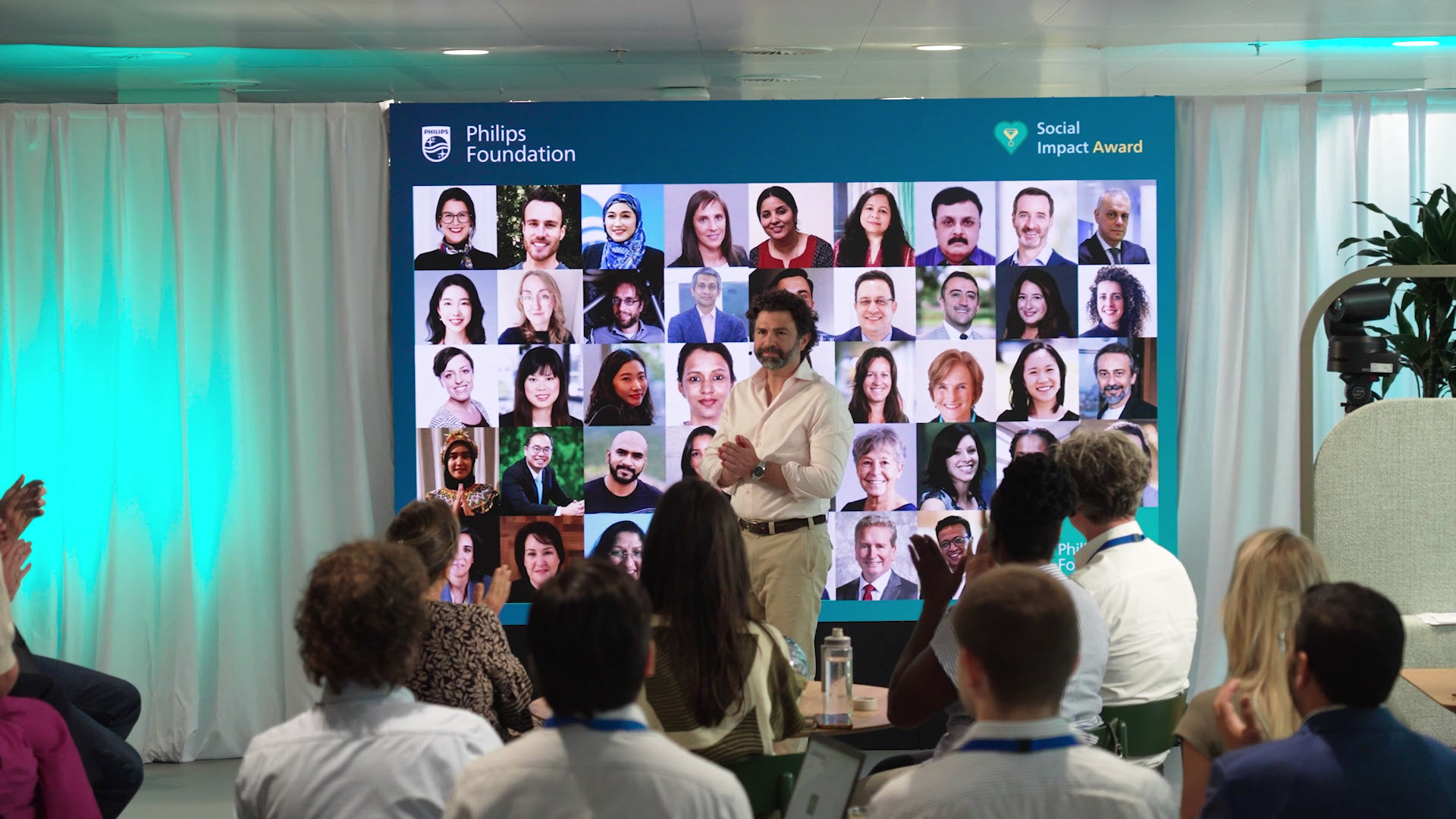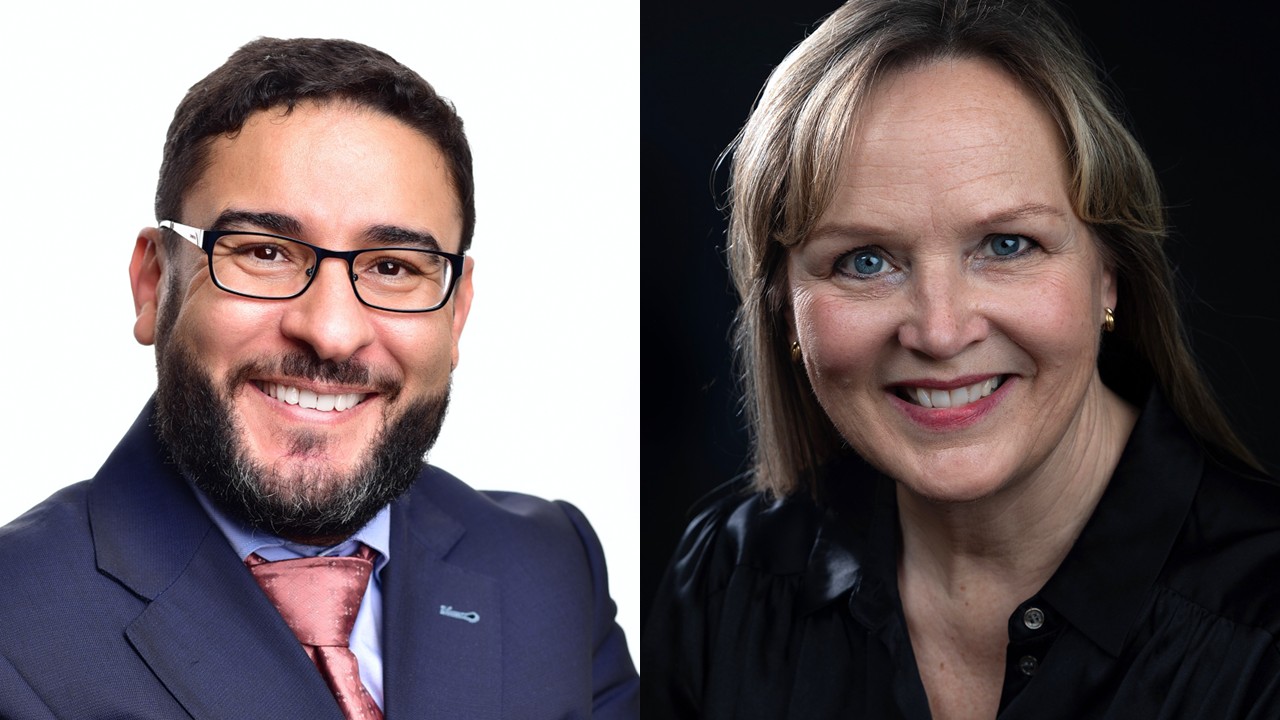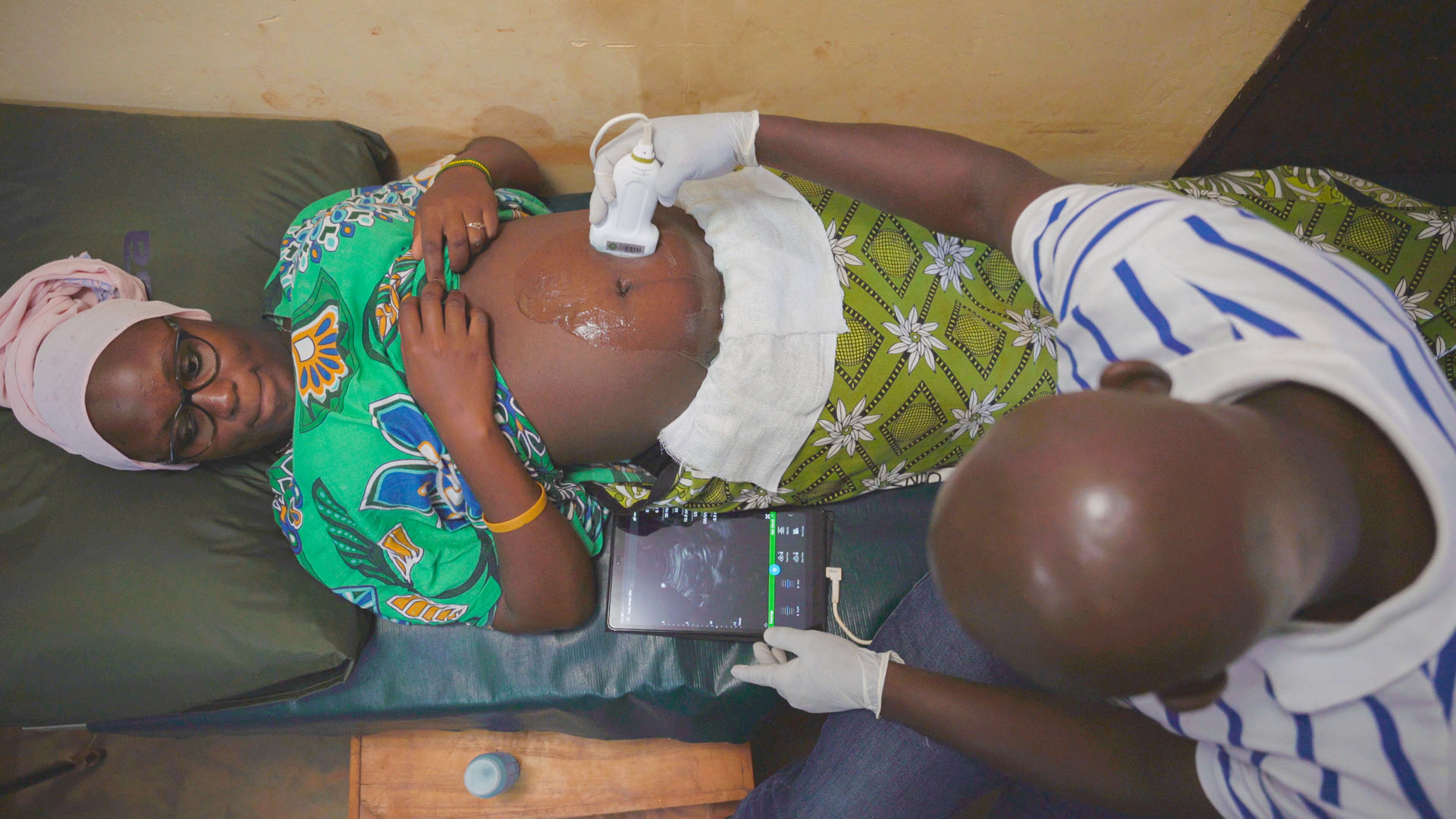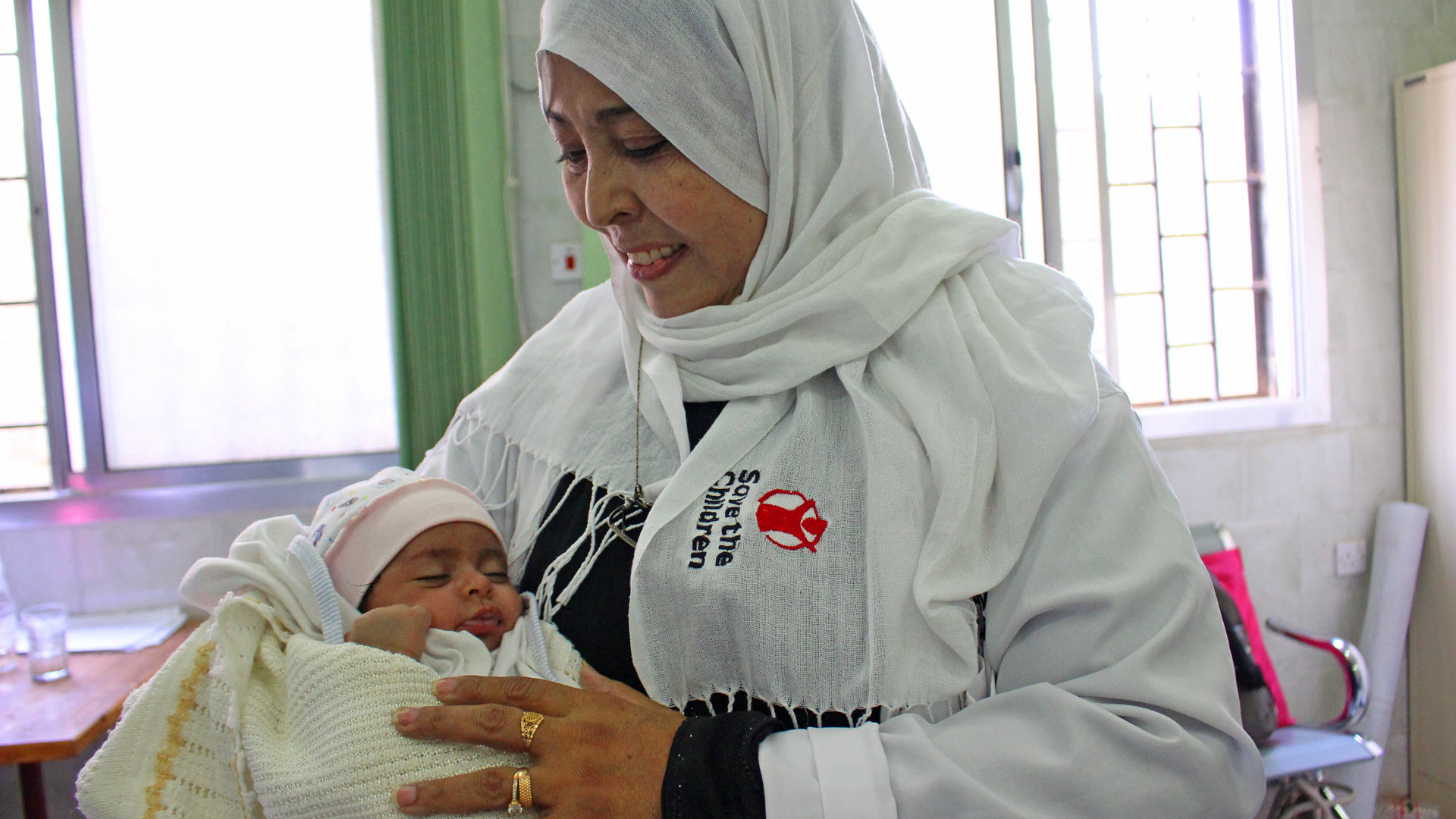First aid is a humanitarian act that should be accessible to all. With first aid skills, volunteers and communities are empowered to save lives. A reason for the Philips Foundation and the International Federation of Red Cross and Red Crescent Societies (IFRC), via its Global First Aid Reference Centre (GFARC), to investigate on how trainers and volunteers can be empowered through the provision of tools to improve the quality, reach and continuity of first aid training in Niger and Burkina Faso. Leveraging the skills of Philips Design, a blended learning method was developed, combining face to face sessions for practicing with distance learning through the Internet.
First aid importance for fragile environments
Millions of people are hurt or killed by injuries every year due to inadequate response or lack of timely assistance. Taking immediate action and applying the appropriate techniques, while waiting for professional help, can considerably reduce deaths and injuries, and the impact of disasters and everyday emergencies. First aid is not a replacement for emergency services. It is a vital initial step for providing effective and swift action that helps to reduce serious injuries and improve the chances of survival, especially if it is followed-up with prompt referral to a close healthcare facility.
People living in war-torn or disaster-affected areas are often not given the opportunity to be trained in basic first aid. First aid awareness is lacking in many vulnerable communities, where a very basic idea of how to treat an injury or keep someone alive, would have a real impact. IFRC and the Philips Foundation believe that first aid reduces vulnerabilities and helps build stronger communities.
Niger and Burkina Faso
At the end of 2019, the Philips Foundation and IFRC GFARC kicked-off its first event aimed at volunteers to increase public awareness in African countries on CPR and encourage a maximum amount of people to learn basic lifesaving skills.
Throughout the project, GFARC cooperated with the Nigerian and Burkina Faso Red Cross National Associations to help them organize a public event in their respective capitals. Prior to the events, automatic external defibrillators (AEDs) and manikins were sent to headquarters where training sessions were organized to prepare health professionals to take the lead during future CPR awareness events about CPR.
It is important to understand that these countries generally have limited communication campaigns on specific health issues. The people of Niger and Burkina Faso are therefore not aware that sudden cardiac arrests are a major cause of death. The Red Cross and the Philips Foundation, therefore, play an important role in reaching out to communities and offering life-saving training.
Media outreach
GFARC produced a tool pack including a communication leaflet and pedagogic tools tailored-made for the National Societies of Niger and Burkina Faso to be used during their respective events. In Burkina Faso, a lot of pre-week radio spots were released, and the first aid coordinator was interviewed on National TV. The media outreach received lots of appreciation from young people and were so proud to receive the training they acknowledged that they wanted to be more involved. In Niger, a whole week was dedicated to the Restart A Heart Day – a recognized global awareness day focused on the dangers of cardiac arrests.
A total of 60 volunteers participated during the event, and about 900 people undergone basic first aid training, ultimately resulting in the improvement of access to primary care in countries such as Niger and Burkina Faso.
Toolkit elements
The following video, made in collaboration with IFRC, was shared with the public online (with a total reach of more than 4,000) and during the event:

